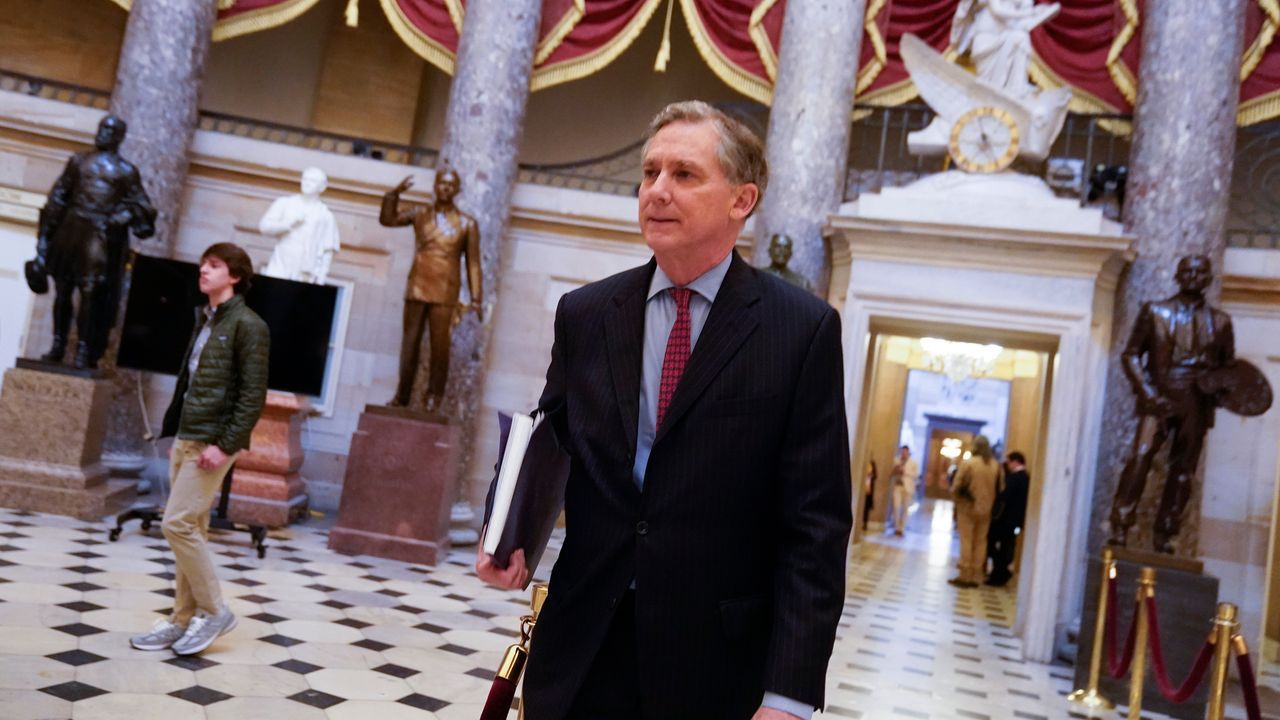The Republicans in the House Financial Services Committee have introduced a new discussion draft on stablecoin legislation on Monday, which could potentially serve as a fresh starting point for negotiations with Democrats.
This is the second legislative proposal issued in the last two weeks. The bill aims to define “payment stablecoins”, outlining the types of entities that are eligible to issue them and determining how these companies should manage their reserves.
The latest version of the bill, which was not released on the committee’s website prior to the stablecoin hearing last week, excludes algorithmic stablecoins. However, it does reiterate the clauses specifying that the issuer may be a federally insured depository institution’s subsidiary or a nonbanking firm regulated by the state or federal government.
The new version of the bill states that stablecoins must have secure reserves that are fully backed and reviewed by registered accountants on a monthly basis, which would prevent math-based stablecoins from meeting these requirements.
Additionally, the bill declares that stablecoins are not securities, which resolves a disputed issue over whether tokens are commodities or securities, and therefore which agency has jurisdiction over their trading. The SEC had previously cautioned Paxos, a stablecoin issuer, that it may face enforcement action for Binance USD being an unregistered security.
It is unlikely that this bill will receive the immediate bipartisan support necessary to become law. At a recent hearing, the senior Democrat on the committee, Rep. Maxine Waters, expressed her frustration that the Republicans had drafted the bill without input from the Democrats, stating that they should start from scratch. However, a senior Republican staff member claimed that a copy of the draft was given to Waters’ staff, and they hope it will lead to new negotiations.
The Senate Banking Committee, chaired by Sen. Sherrod Brown, has not committed to any action on stablecoin legislation, stating only that they will review the various efforts being made. Furthermore, any stablecoin bill will need to pass through his committee.
The amount of power given to federal and state regulators has been a contentious issue surrounding the legislation for some time. The latest version of the bill creates a pathway for state-based licensing for issuers, while also preserving state enforcement powers. However, it also grants the Federal Reserve the ability to overrule enforcement disagreements.
Furthermore, the proposed legislation holds issuers’ chief executives accountable for any inaccurate information regarding a stablecoin’s reserves. They will be required to approve the monthly financial reports and could face criminal charges if the information is found to be false.
According to a staff member, Rep. Patrick McHenry of North Carolina’s financial services committee is developing legislation to regulate the market structure of the cryptocurrency industry. This bill is expected to clarify the roles of various agencies in overseeing digital assets. Additionally, one of the committee’s subcommittees has scheduled a hearing on the topic for April 27th.




